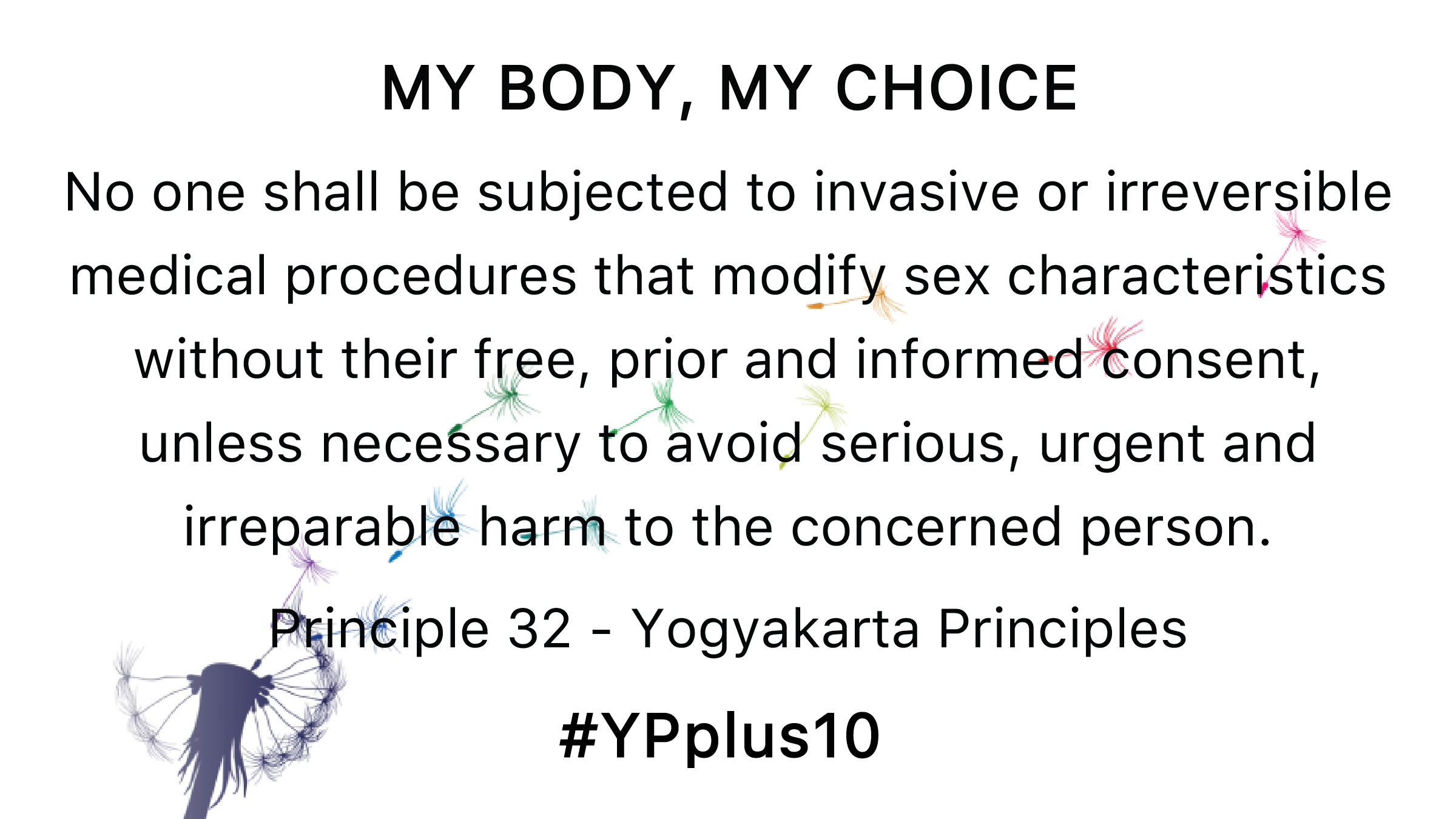The Yogyakarta Principles
The 10th of December is Human Rights Day. On this day we reflect on human rights, how far we have come and far we have yet to go. It’s on the day the United Nations General Assembly adopted the Universal Declaration of Human Rights, in 1948.
LGBTQ+ people intersect with rights on many different fronts. Article 12 of the Universal Declaration of Human Rights pertaining to privacy has be implemented in furthering the rights for LGBTQ+ people. For example, it has been argued that criminalizing homosexual is a violation of the right to privacy.
“Article 12.
No one shall be subjected to arbitrary interference with his privacy, family, home or correspondence, nor to attacks upon his honour and reputation. Everyone has the right to the protection of the law against such interference or attacks.”
In the field of Human Rights, there are many documents and declarations. The Yogyakarta Principles is a document about human rights in the areas of sexual orientation and gender identity. It was published in 2006 in Yogyakarta, Indonesia.
The document addresses many issues pertaining to the human rights of LGBTQ+ folks. For example, Principles 22 and 23 states that a person has the right to seek asylum from persecution based on their sexual orientation and/or gender identity.
29 leaders in Human Rights signed the document, including our own Mary Robinson.
The Yogyakarta Principles were updated in 2017 and are now known as The Yogyakarta Principles plus 10 or YP+10. This document recognises the distinct and intersectional grounds of gender expression and sex characteristics. YP+10 also includes principles specific to intersex people.
Many laws around the world protect people from discrimination based on sexual orientation, gender identity, gender expression, and sex characteristics (SOGIESC for short), however, the UN has never accepted YP+10 and the attempt to make gender identity and sexual orientation new categories of non-discrimination have been rejected by the General Assembly.
Despite this, the YP+10 remains a powerful set of goals in terms of international LGBTQ+ human rights and is used by International Organisations as the gold standard. As well as this, when laws are changed in favour of LGBTQ+ rights they often mirror the language of YP+10, therefore it gives the framework for human-rights-based legalisation.
Human Rights pertaining specifically to LGBTQ+ people is an ongoing piece of work. The UN Human Rights Council created a mandate for an Independent Expert on protection against violence and discrimination based on sexual orientation and gender identity. This position is currently held by Victor Madrigal-Borloz.
He has done extensive work on LGBTQ+ human rights including examing “conversion therapy” and the impact of COVID 19 on the human rights of LGBTQ+ people.
We have come so far, and we have a long way still to go!





